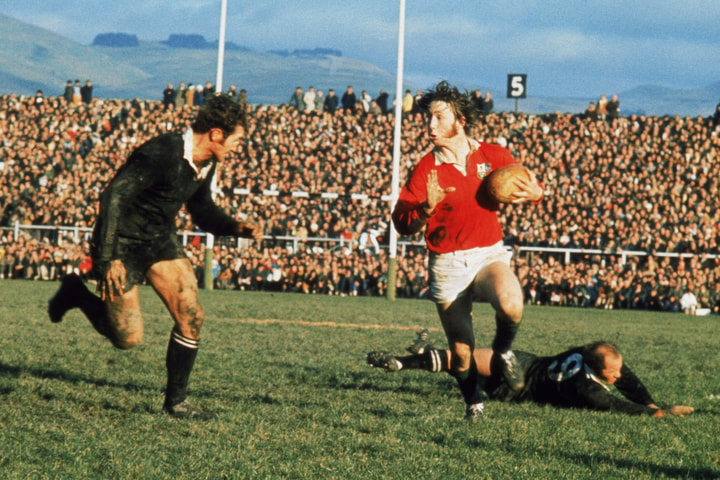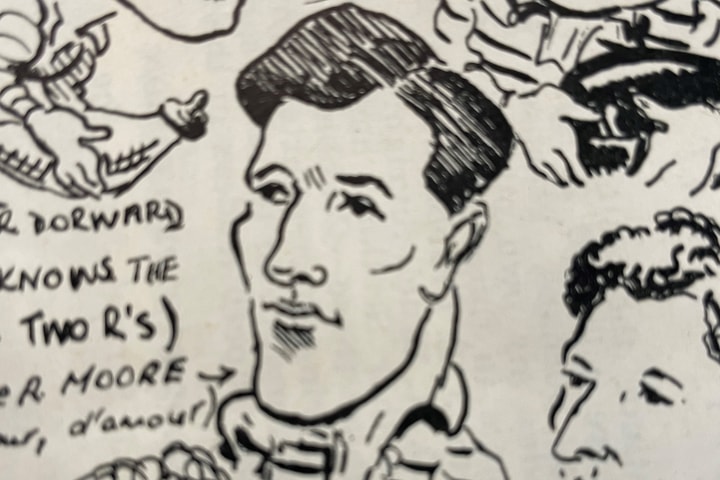George Vernon scored two tries for the South in a decisive away
victory over the North in December 1877 which led to his England
debut in a no-score draw against Scotland at The Oval in March
1878. He was retained a week later in a convincing win over
Ireland at Lansdowne Road and played in two convincing victories
during the 1880 international championship. He made his final
appearance for England against Ireland at Whalley Range, Manchester
in February 1881. This was the end of his rugby career at the
highest level but his first-class cricket career would last for
many more years with his final match for the Marylebone Cricket
Club taking place in 1898.
He had captained Rugby School in their annual cricket match
against Marlborough College at Lords in 1874 and he went on to play
for Middlesex on more than 100 occasions, including many matches
alongside his fellow dual international Andrew Stoddart. He played
his only test match at the Melbourne Cricket Ground in the first
test of the 1882-83 tour of the MCC to Australia. Australia won by
nine wickets and Vernon batted at number 11. He scored 14 runs in
the two innings, but was not required to bowl and was not selected
for the remaining three tests on the tour. He captained the first
foreign team to visit India and Ceylon, now Sri Lanka, in
1889-90.
George Vernon qualified as a barrister in 1880 and worked in the
Colonial Service in the Gold Coast Colony, now Ghana, where he died
of malaria at Elmina in August 1902.
It was to be almost 110 years later that a second player with
the surname Vernon played international rugby. Richard John
'Richie' Vernon was born in July 1987 and educated at Dundee High
School. He played for the Scotland Sevens team between 2005 and
2008 and made his debut for the Scotland XV as a replacement for
Johnnie Beattie against Fiji in the back row in November 2009. A
tall and rangy forward from the West of Scotland club who graduated
to the Border Reivers and Glasgow Warriors squads, he went on to
win 24 caps between 2009 and 2015 and become one of a select band
of players to have played in both the backs and the forwards for
their country.










